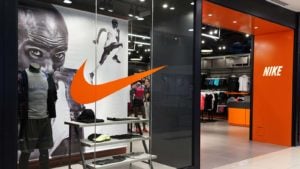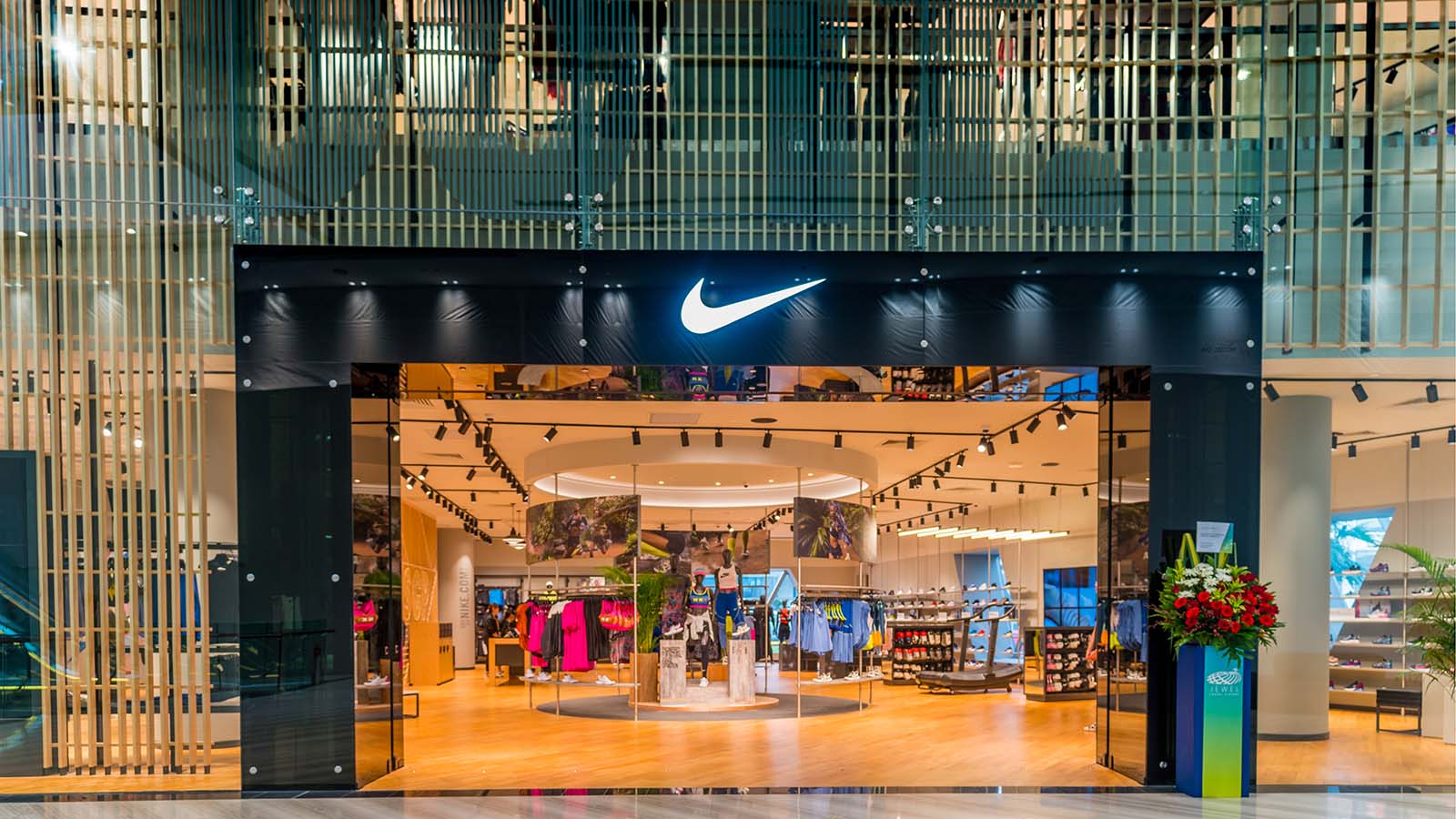One of the factors that have made me a successful investor is that I like to keep things simple. While it sounds hackneyed, it’s a very powerful tool for generating wealth. Therefore, I keep railing on the concept of megatrends, or paradigm-shifting events that will change our society and economy. And although Nike (NYSE:NKE) is often considered “just” a discretionary retailer, Nike stock plays on one of the most significant megatrends of them all: demographics.

As I’ll demonstrate below, this major tailwind is still in play for the athletic apparel and accessories company. At the same time, I would be remiss not to mention the elephant in the room. Following the devastation of the novel coronavirus pandemic, we are now left with restarting the economy. Before we can get there, though, we must acknowledge the potentially long road ahead.
Due to nationwide shelter-in-place orders, it was inevitable that economic metrics would tank. However, many analysts were shocked at the gruesome details. Particularly worrisome for Nike stock was March retail sales. They slipped 8.7%, which was the most ever in government data, according to CNBC.
As if to pour salt on open wounds, the U.S. Census Bureau revealed the segment breakdown within the retail sector. Not surprisingly, the clothing and accessories segment took the worst hit. Still, the magnitude – a whopping 50.5% loss from February to March sales – caught many off guard.
In other words, every indicator is screaming at investors to dump Nike stock at the earliest opportunity. I understand the sentiment. However, here are three reasons why I think that’s a big mistake.
For Nike Stock, the Labor Force Is Actually Robust
According to the Washington Post, the most recent employment report indicated that 5.2 million Americans filed for jobless claims. That brings the total to over 22 million people that are unemployed since President Donald Trump declared a national emergency. Effectively, this has erased all the jobs gained during the rebound from the Great Recession.
As well, it means that President Trump’s much-touted “America First” economy has tanked. Or has it?
According to data from the U.S. Bureau of Labor Statistics, the labor force participation rate for those ages 25 to 54 years have improved during the Trump administration, inclusive of the most recent March data. From January 2017 to March 2020, the metric has increased 1.35%. Without the coronavirus impact, the gain would be 1.84%.
Furthermore, the personal saving rate in February was 8.2%. This is an improvement of 20.6% over the January 2017 reading of 6.8%.
Hence, this is the reason why I stressed the concept of pent-up demand for other relevant retail names, such as Starbucks (NASDAQ:SBUX). Not only are Americans of prime working age finding employment, but all of us are saving more money. Once the coronavirus fades, I expect a substantial rebound in Nike stock.
NKE Appeals to Key Demographics
What makes Nike stock stand out against other retail-exposed investments is that the underlying company has made it a top priority to reflect the America of tomorrow.
First, it’s no coincidence that Nike’s marketing campaigns target the 18- to 40-years demographic. Of course, this is the key demo for almost any organization. But what distinguishes NKE is that they employ data analytics to stay relevant with their core user base.
Therefore, the fate of Nike stock is tied to millennials (which represent the largest labor force in the U.S.) and emerging generations. Logically, this is the reason why when you stack NKE’s chart with that of the labor force participation rate for prime working age Americans, there exists an extremely strong correlation.
As I’ll demonstrate in future articles, this correlation is not something that investors should take for granted. That’s because failing retailers print an inverse correlation.
Second, Nike is ahead of the curve in recognizing the shifting demographics in the U.S. As the Washington Post’s Sally Jenkins explains:
Millennials, those Americans between the ages of 22 and 37, are projected to surpass baby boomers as the nation’s largest living adult generation in 2019, and fully 44 percent of them are of some race other than white. For post-millennials, that number rises to 48 percent, and for post-post-millennials (American children under age 10), it grows to more than 50 percent.
For this reason, Nike invests in data analytics to understand what is important to relevant generations. Best of all, their marketing campaigns are working very effectively. According to Inquisitr.com, Nike consumers of color overrepresent in terms of their population in the U.S.
Brand Loyalty
With Nike’s focus on their core consumers, it’s no surprise that they enjoyed the strongest brand loyalty. Chances are, if you buy Nike products today, you’ll do so for the foreseeable future.
The evidence of this statement comes in the form of the Colin Kaepernick controversy. Many Americans, particularly conservatives, voiced their displeasure when Nike ran an ad featuring Kaepernick. As you know, he set off a national debate regarding his form of protest against police brutality.
Such controversy may have crippled a lesser organization. However, Nike knew ahead of time that their key demo more or less respected Kaepernick. Irrespective of their personal feelings, they made a business decision based on their consumers. And the loyalty of their fans caused Nike stock to brush off the controversy.
And that was a contentious issue which NKE took in stride. The coronavirus? As a universally hated disease, there will be no controversy when consumers push shares back to their previous plateau.
Matthew McCall left Wall Street to actually help investors — by getting them into the world’s biggest, most revolutionary trends BEFORE anyone else. The power of being “first” gave Matt’s readers the chance to bank +2,438% in Stamps.com (STMP), +1,523% in Ulta Beauty (ULTA) and +1,044% in Tesla (TSLA), just to name a few. Click here to see what Matt has up his sleeve now. Matt does not directly own the aforementioned securities.
